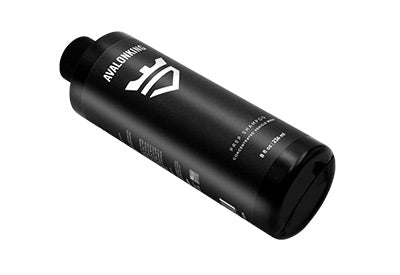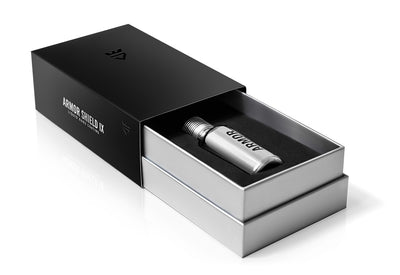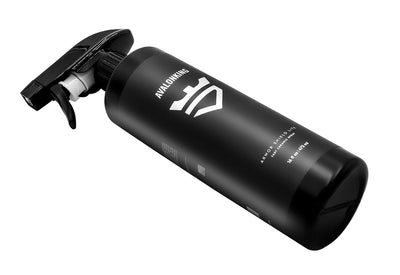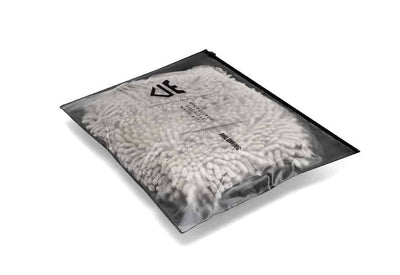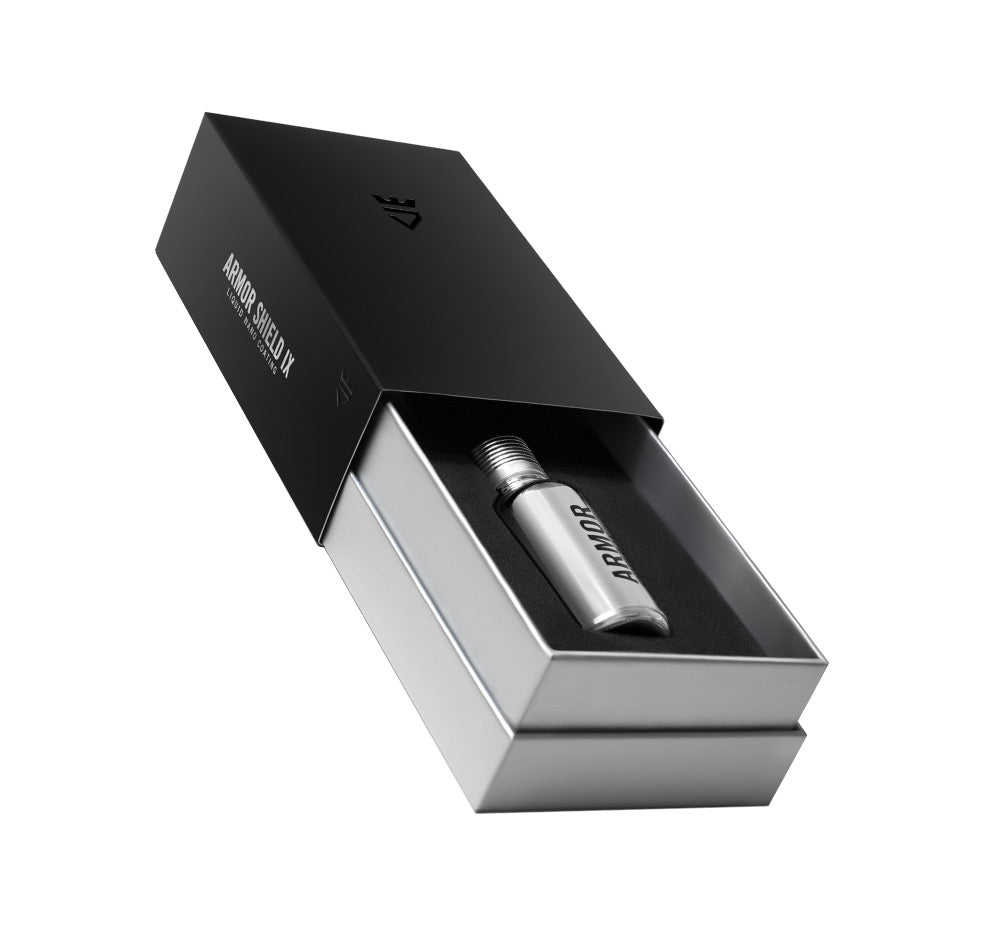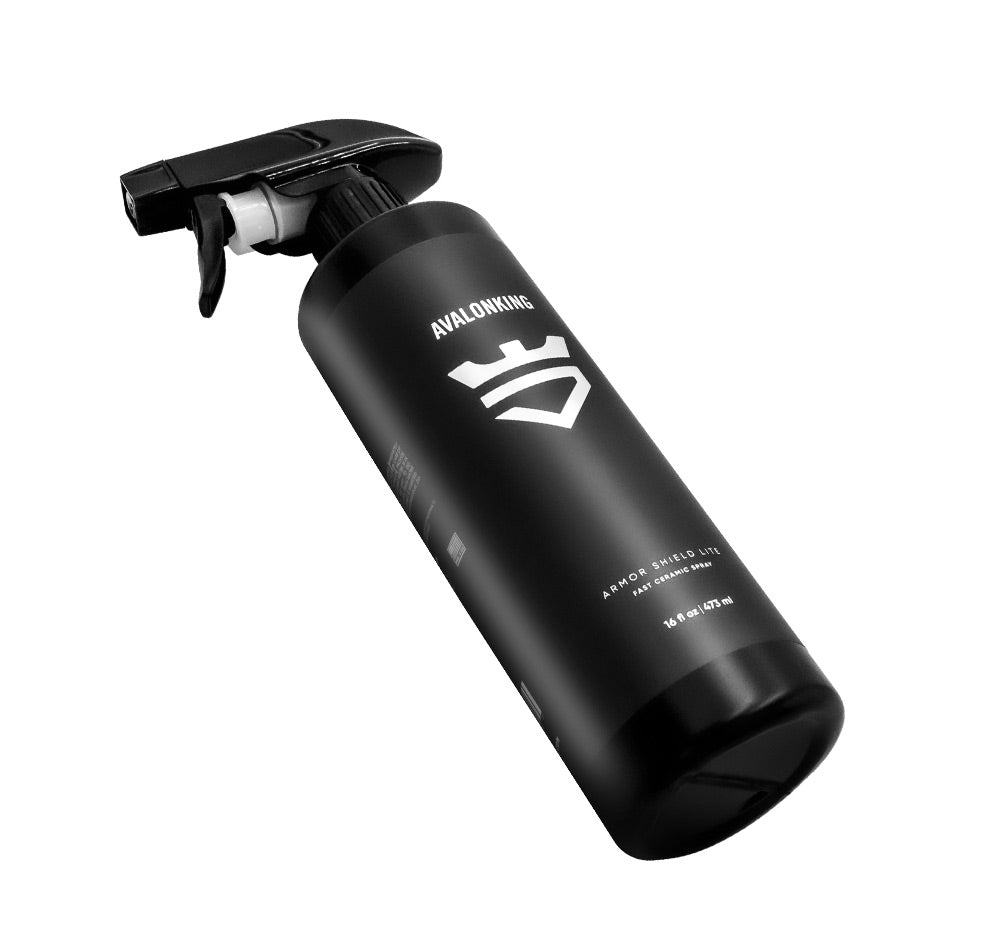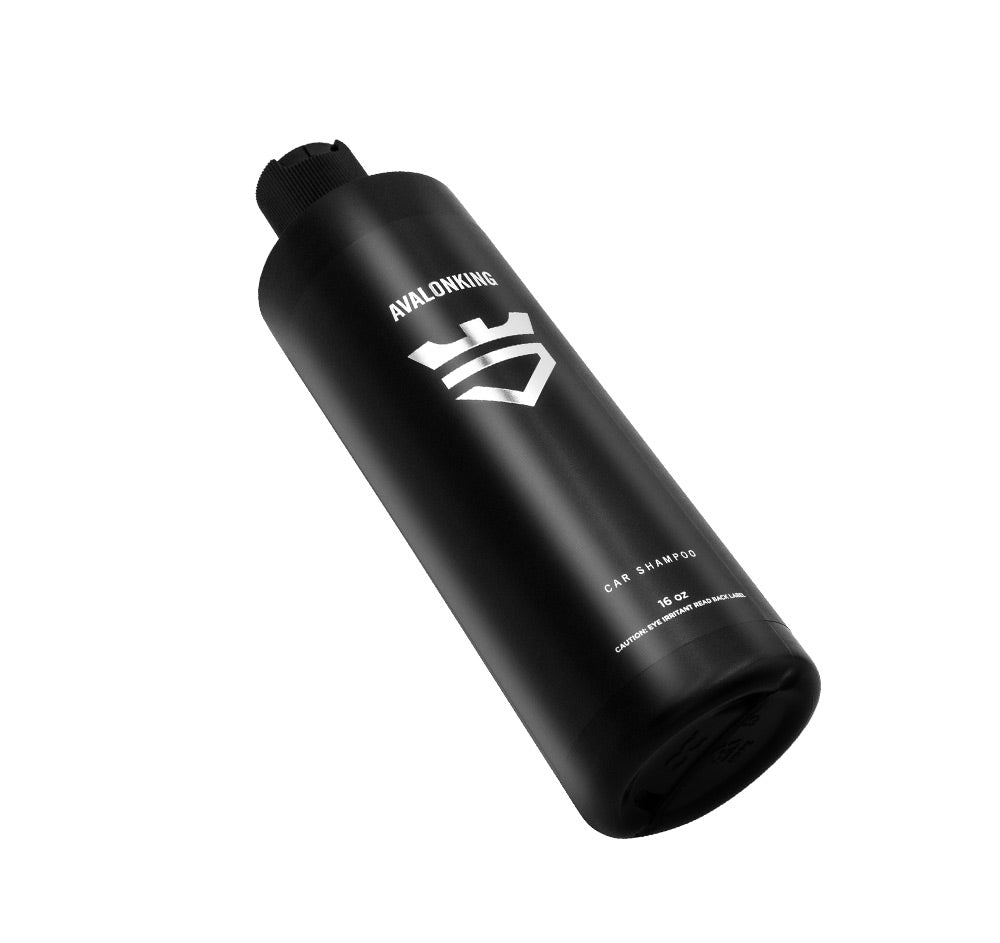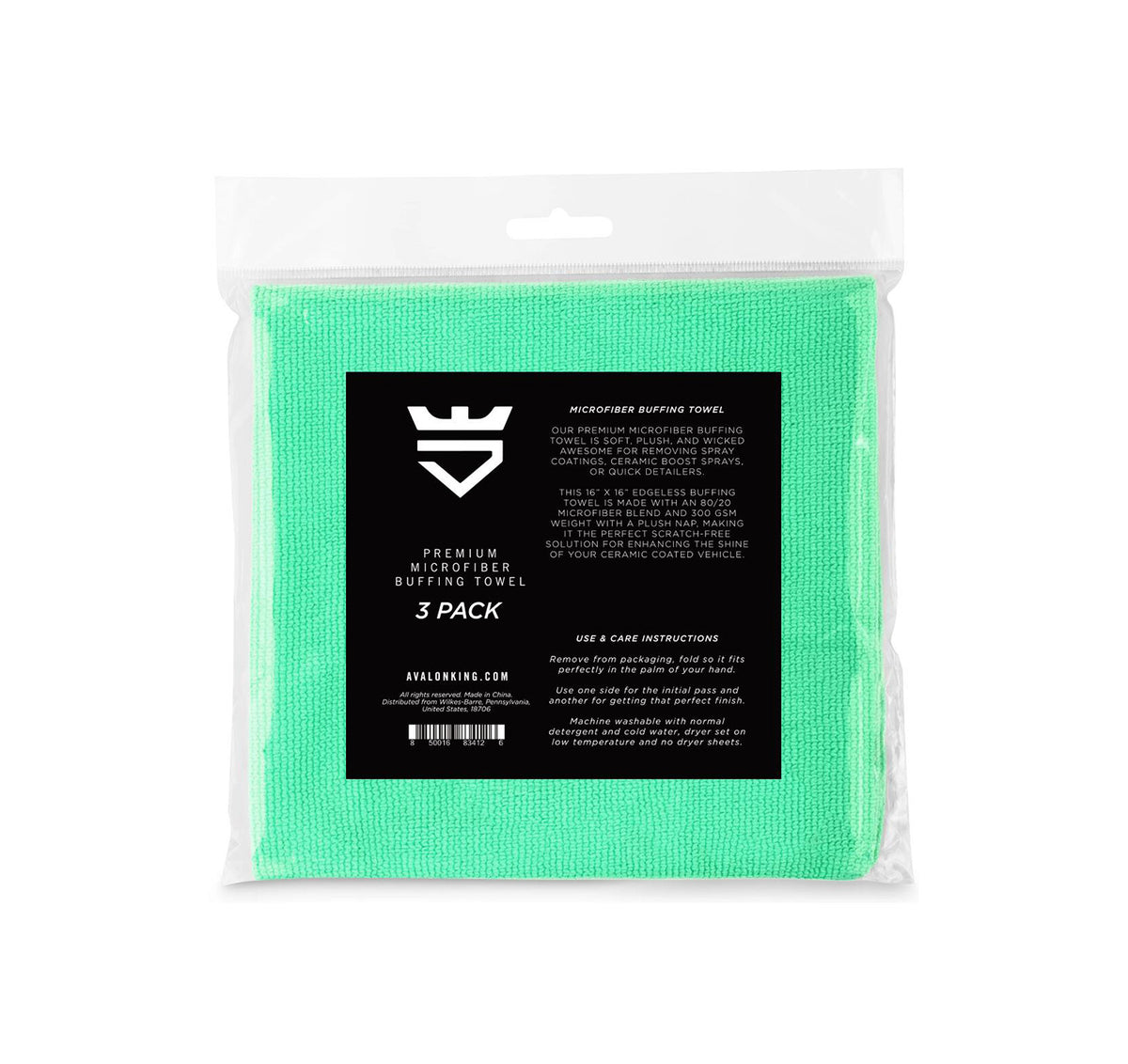What is Silica? Explained by AvalonKing
Silica, also known as silicon dioxide, is a naturally occurring compound that is a crucial component in a variety of materials, including ceramic coatings. This article will delve into the intricacies of silica, its properties, and its role in the creation of ceramic coatings.
As a key ingredient in ceramic coatings, silica provides the hard and protective layer that characterizes these products. Understanding the nature of silica and its interaction with other elements in ceramic coatings can help users appreciate the value and effectiveness of these products.
The Science of Silica
Silica is a chemical compound made up of silicon and oxygen, the two most abundant elements in the earth's crust. It is found in nature in a variety of forms, including quartz and sand. Silica's unique properties, such as its high melting point, hardness, and ability to resist chemical reactions, make it a valuable material in a wide range of applications.
Despite its simplicity, silica's structure is quite complex. It consists of a silicon atom surrounded by four oxygen atoms in a tetrahedral arrangement. This structure gives silica its characteristic hardness and resistance to high temperatures and chemical reactions.
Forms of Silica
Silica can exist in several different forms, each with its own unique properties. The most common form is quartz, a crystalline form of silica that is found in a variety of rocks and minerals. Other forms of silica include amorphous silica, which lacks a definite shape, and fumed silica, which is a fine powder created by burning silicon tetrachloride in an oxygen-rich environment.
The form of silica used in ceramic coatings is typically amorphous silica, which provides a smooth, glossy finish when applied to a surface. This form of silica is also highly resistant to heat and chemical reactions, making it ideal for use in protective coatings.
Properties of Silica
Silica's properties make it an ideal material for a variety of applications. Its hardness and resistance to heat and chemical reactions make it a valuable material in industries ranging from construction to electronics. In addition, silica's ability to form a smooth, glossy surface makes it an ideal ingredient in ceramic coatings.
One of the most notable properties of silica is its high melting point, which is around 1,710 degrees Celsius. This makes it extremely resistant to heat, a property that is particularly valuable in applications such as ceramic coatings, where the coating must be able to withstand high temperatures without degrading.
Silica in Ceramic Coatings
Silica plays a crucial role in the composition and performance of ceramic coatings. It provides the hard, protective layer that characterizes these products, and its resistance to heat and chemical reactions makes it an ideal material for this application.
The process of creating a ceramic coating involves the application of a liquid solution containing silica and other ingredients to a surface. The solution is then cured, or hardened, through a process of heat treatment or exposure to ultraviolet light. This process transforms the liquid solution into a hard, glossy coating that is resistant to heat, chemical reactions, and physical damage.
Role of Silica in Ceramic Coatings
The primary role of silica in ceramic coatings is to provide a hard, protective layer on the surface of the object being coated. This layer is extremely resistant to heat and chemical reactions, making it an effective barrier against damage from the environment.
In addition to providing a protective layer, silica also contributes to the glossy finish of ceramic coatings. When the coating is applied and cured, the silica forms a smooth, glossy surface that enhances the appearance of the coated object. This glossy finish is not only aesthetically pleasing, but also helps to repel water and dirt, further protecting the coated surface.
Benefits of Silica in Ceramic Coatings
The inclusion of silica in ceramic coatings offers a number of benefits. The hardness and heat resistance of silica make the coating extremely durable, allowing it to protect surfaces from damage for a long period of time. In addition, the glossy finish provided by the silica enhances the appearance of the coated surface, making it more attractive and easier to clean.
Another benefit of silica in ceramic coatings is its resistance to chemical reactions. This means that the coating is not easily degraded by exposure to chemicals, making it an effective protective layer in environments where chemical exposure is a concern. Furthermore, the ability of silica to repel water and dirt helps to keep the coated surface clean and free of stains.
Conclusion
Silica is a crucial component in ceramic coatings, providing the hard, protective layer that characterizes these products. Its unique properties, including its hardness, heat resistance, and ability to form a glossy surface, make it an ideal material for this application.
Understanding the role of silica in ceramic coatings can help users appreciate the value and effectiveness of these products. Whether you're a car enthusiast looking to protect your vehicle's paint job, or a homeowner seeking to preserve the appearance of your kitchen appliances, a ceramic coating with silica can provide the protection and aesthetic enhancement you're looking for.
Now that you understand the importance of silica in maintaining the pristine condition of your vehicle, it's time to experience the difference for yourself. At AvalonKing, we pride ourselves on providing top-tier ceramic coatings and car cleaning products that harness the power of silica to deliver unmatched protection and shine. Check out our products and join the ranks of car enthusiasts who trust AvalonKing for the very best in vehicle care.

